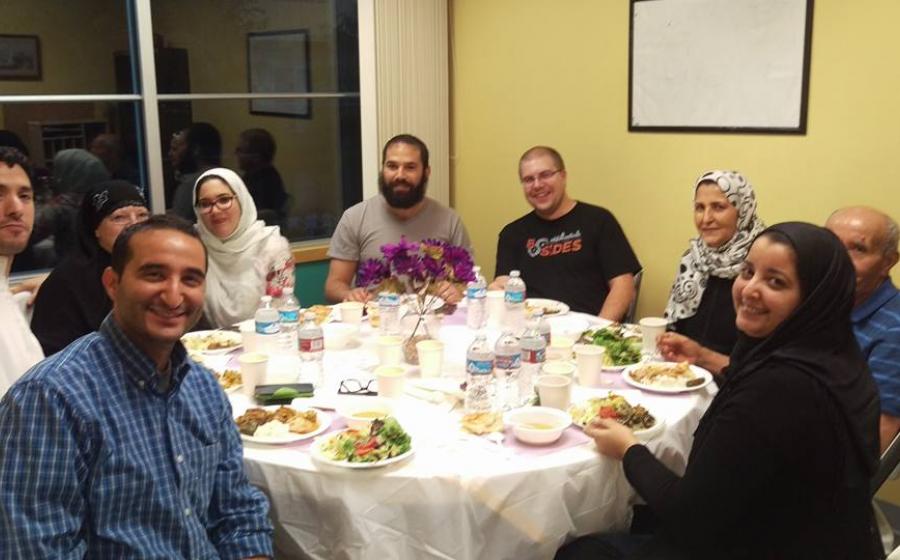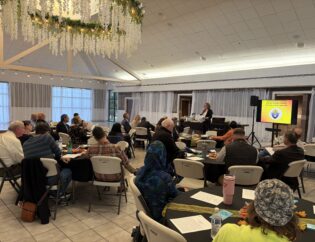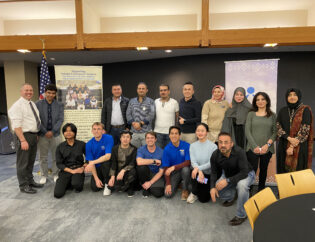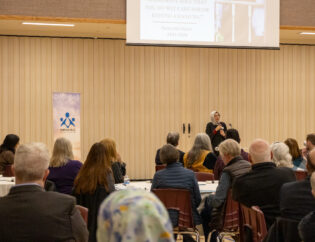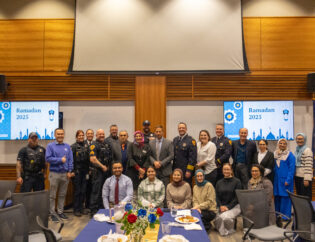
Ramadan (/ˌræməˈdɑːn/; Arabic: رمضان Ramaḍān, IPA: [ramaˈdˤaːn];[note 1] also romanized as Ramzan, Ramadhan, or Ramathan) is the ninth month of the Islamic calendar,[3] and is observed by Muslims worldwide as a month of fasting(Sawm) to commemorate the first revelation of the Quran to Muhammad according to Islamic belief.[4][5] This annual observance is regarded as one of the Five Pillars of Islam.[6] The month lasts 29–30 days based on the visual sightings of the crescent moon, according to numerous biographical accounts compiled in the hadiths.[7][8]

The word Ramadan comes from the Arabic root ramiḍa or ar-ramaḍ, which means scorching heat or dryness.[9]Fasting is fardh (obligatory) for adult Muslims, except those who are suffering from an illness, travelling, are elderly, pregnant, breastfeeding, diabetic, chronically ill or menstruating.[10] Fasting the month of Ramadan was made obligatory (wājib) during the month of Sha'ban, in the second year after the Muslims migrated from Mecca to Medina. Fatwas have been issued declaring that Muslims who live in regions with a natural phenomenon such as the midnight sun or polar night should follow the timetable of Mecca,[11] but the more commonly accepted opinion is that Muslims in those areas should follow the timetable of the closest country to them in which night can be distinguished from day.[12][13][14]
The act of fasting is said to redirect the heart away from worldly activities, its purpose being to cleanse the soul by freeing it from harmful impurities. Ramadan also teaches Muslims how to better practice self-discipline, self-control,[41] sacrifice, and empathy for those who are less fortunate; thus encouraging actions of generosity and compulsory charity (zakat).[42]
Source: Wikipedia



